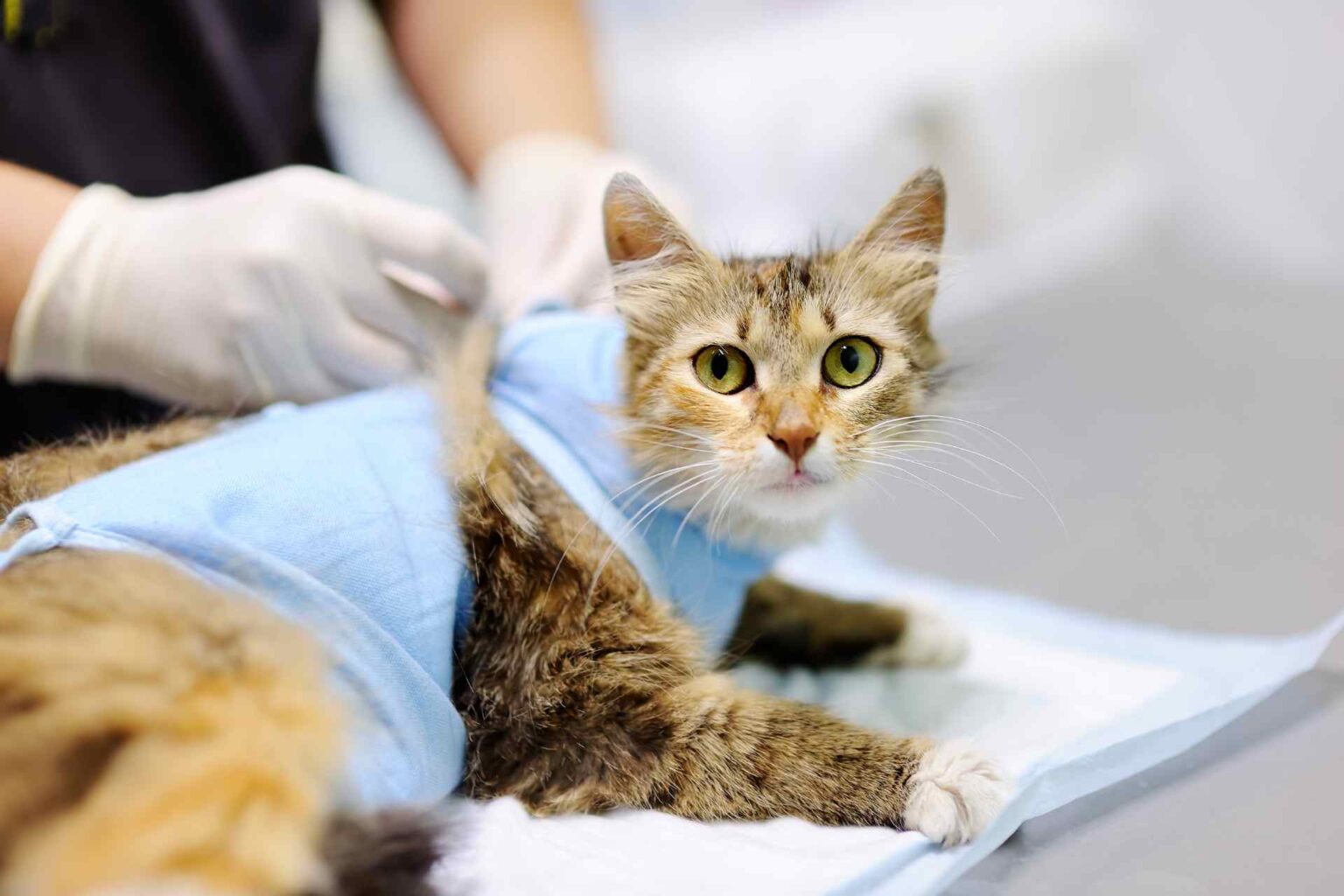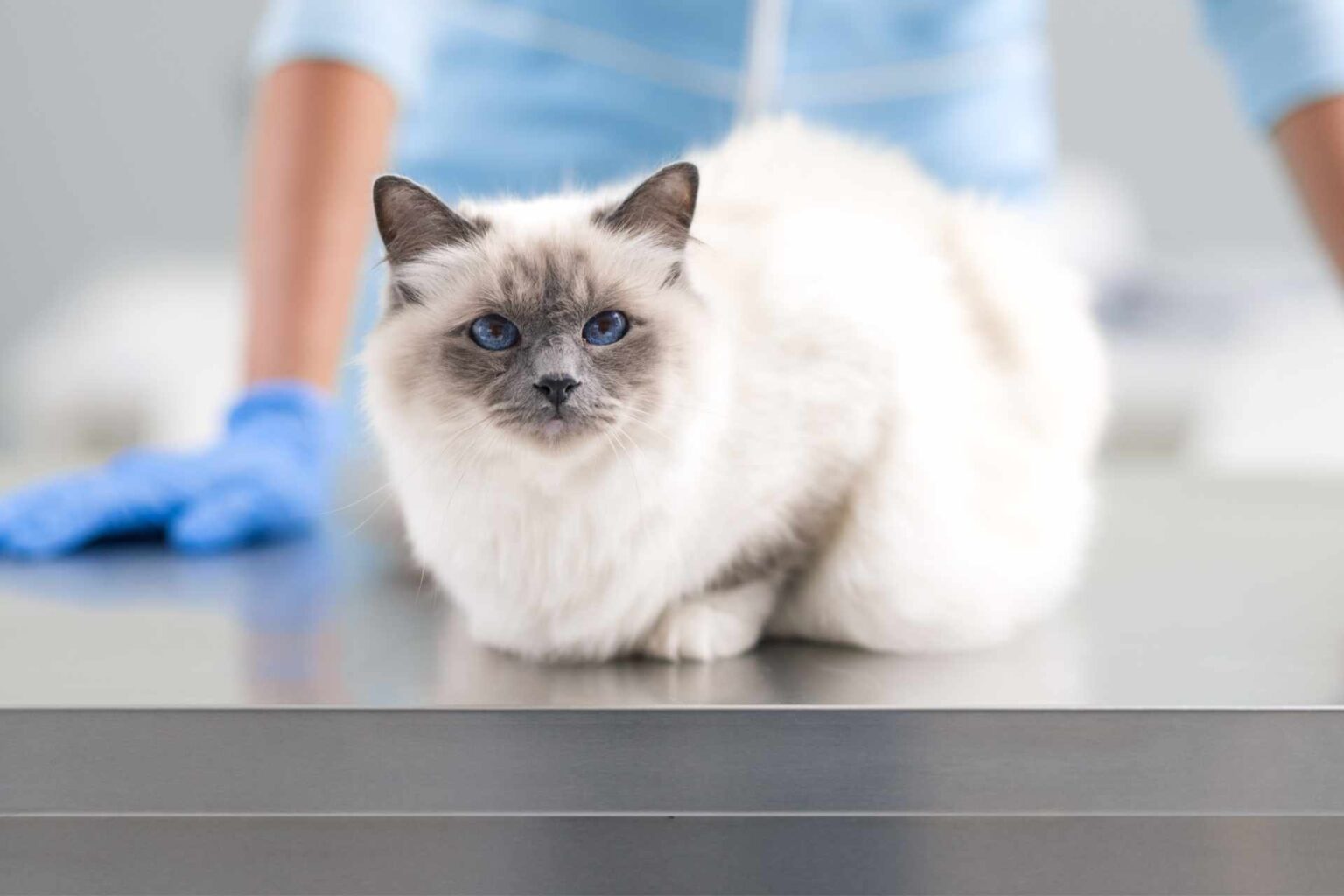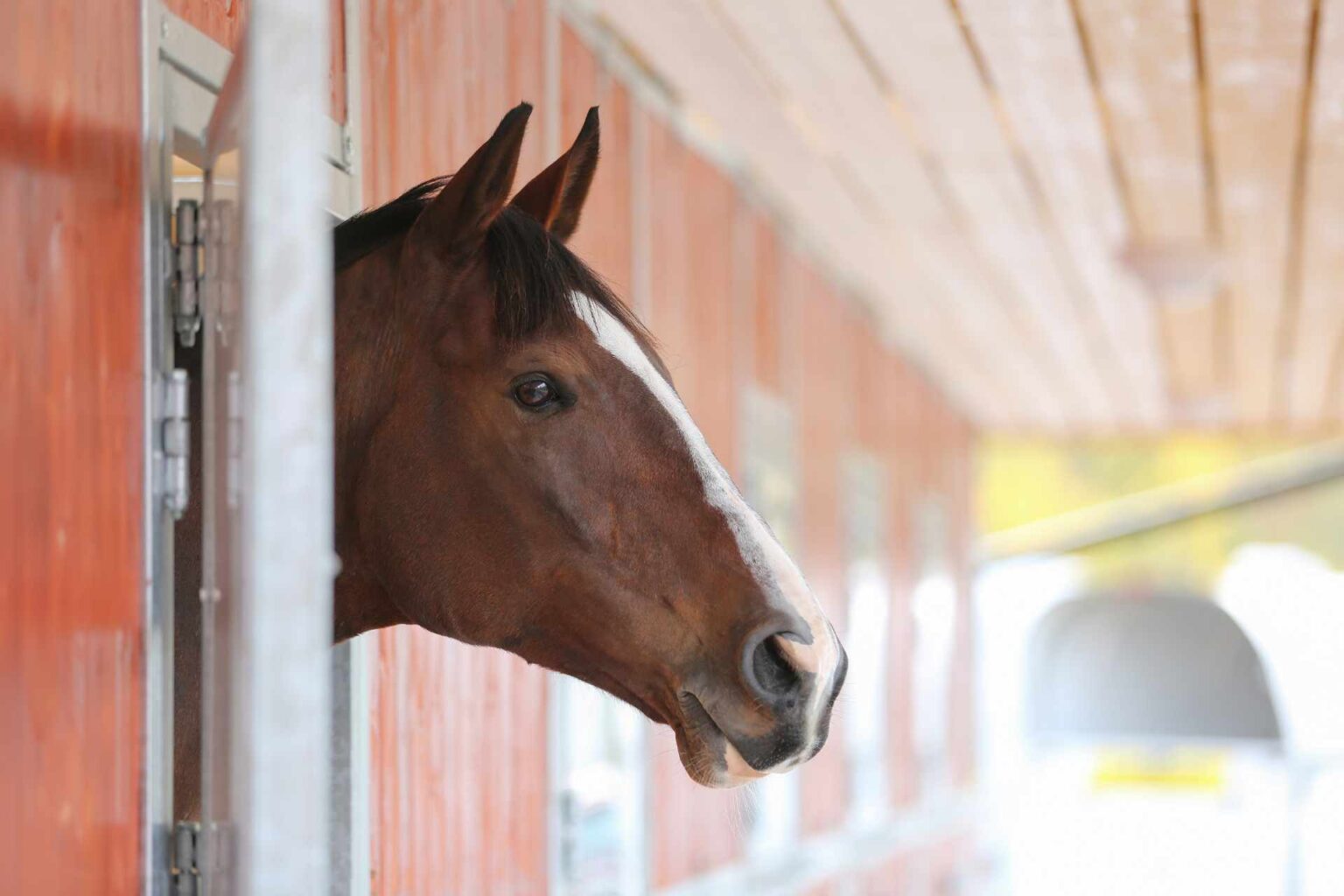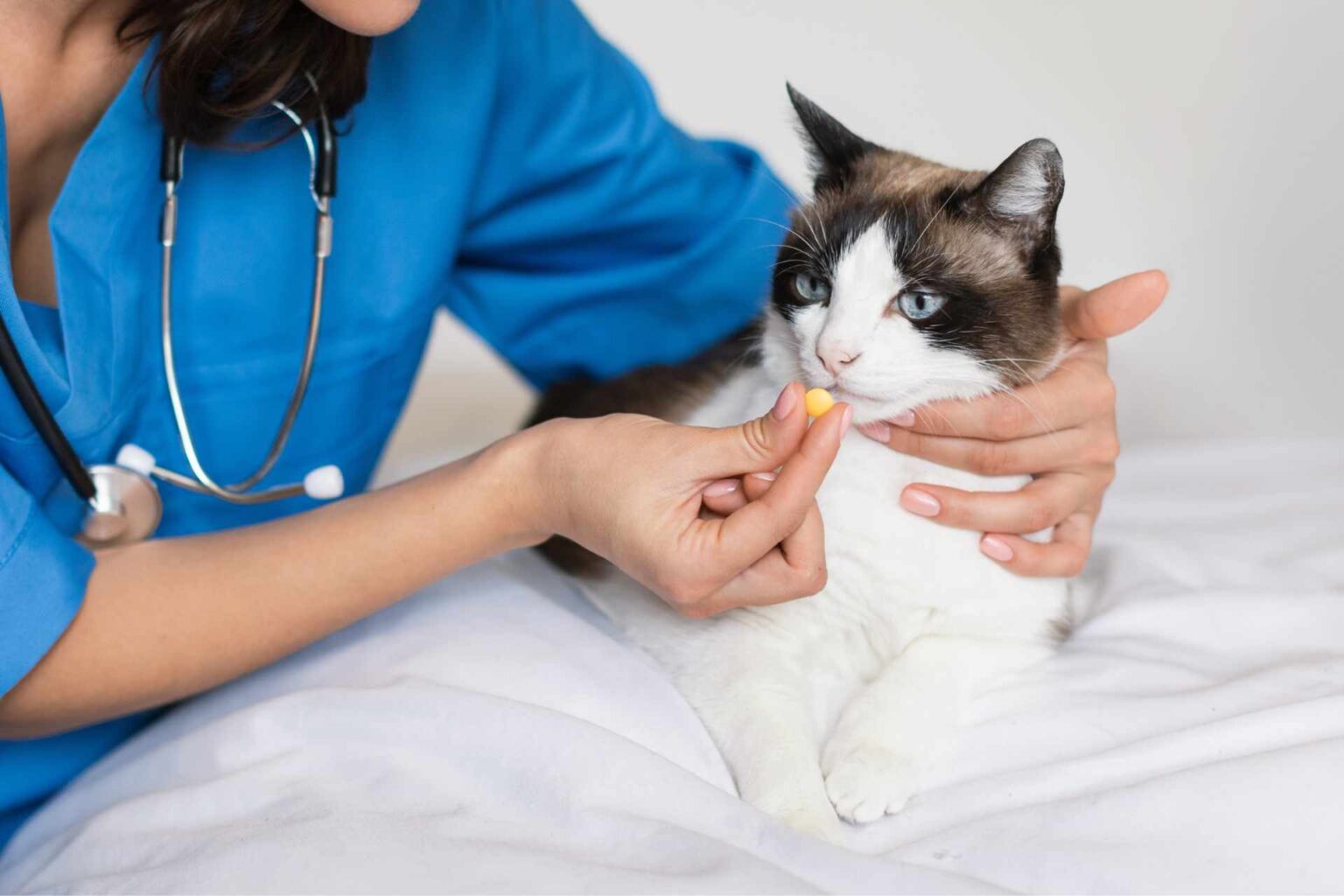The number of dogs with brachycephalic obstructive airway syndrome(BAOS) has increased dramatically over the past two decades, probably due to the increasing popularity of brachycephalic breeds, including bulldogs and pugs.
Because of this popularity a review of 2021 addresses the current state of the art on the pathologies afflicting this type of dog, which, in addition to alterations in skull shape, have abnormalities in soft tissue structures, including elongated soft palate, macroglossia, stenotic nostrils, and undersized nasal chambers.
Digestive signs are commonly reported and their severity strongly correlates with that of respiratory signs. It has been hypothesized that increased negative pressure within the upper airway in brachycephalic dogs may promote the occurrence of secondary respiratory abnormalities (e.g., everted tonsils, laryngeal and tracheal collapse, and everted laryngeal sacculi) and digestive tract injuries, such as hiatal hernia or gastroesophageal reflux.
Brachycephalic dogs can also suffer from chronic enteropathy, and pugs suffer from a particularly severe form of PLE (protein-dispersing enteropathy), while French bouledogs and English bulldogs can also be predisposed to adverse reactions to food and chronic flatulence.
The fundamental tool: diagnostics
Accurate diagnosis of digestive tract diseases in brachycephalic dogs usually requires detailed investigations. They include clinical examination, chest radiography, abdominal ultrasound, fluoroscopic evaluation of swallowing function, and endoscopy of the upper airway and gastrointestinal tract. Regarding laboratory tests, no specific laboratory alterations were identified in brachycephalic dogs with digestive disease.
Esophageal inflammatory lesions are most frequently localized and exhibit a “star pattern,” reflecting both chronic gastro-oesophageal reflux and atony of the lower esophageal sphincter. Esophageal redundancy is quite common in brachycephalic dogs and, in some cases, the deviation is so pronounced that a persistent fourth aortic arch is suspected.
The management of pathology
Management of brachycephalic dogs with gastrointestinal problems generally involves medical management (including diet modification and pharmaceutical agents) and surgical management in cases of hiatal hernia unresponsive to medical treatments.
Useful dietary modifications include changing the type of food (e.g., wet rather than dry food; food with less fiber and fat), its texture (e.g., adding water), and meal pattern (e.g., feeding the daily requirement in a series of small meals). These strategies are intended to promote the passage of food through the digestive tract, thereby reducing the tendency for regurgitation, vomiting, or gastroesophageal reflux.
Medications most often used in brachycephalic dogs with alimentary tract disorders include antiemetics, antacid medications, gastric mucosal protectants, and prokinetic agents.
Surgical treatment of digestive diseases is rarely necessary: corrective BAOS surgery is accompanied in many cases by improvement in clinical signs of the digestive system.
Reference
Reference: Freiche, German. Digestive Diseases in Brachycephalic Dogs. Vet Clin Small Anim 51 (2021) 61-78 https://doi.org/10.1016/j.cvsm.2020.09.006.














